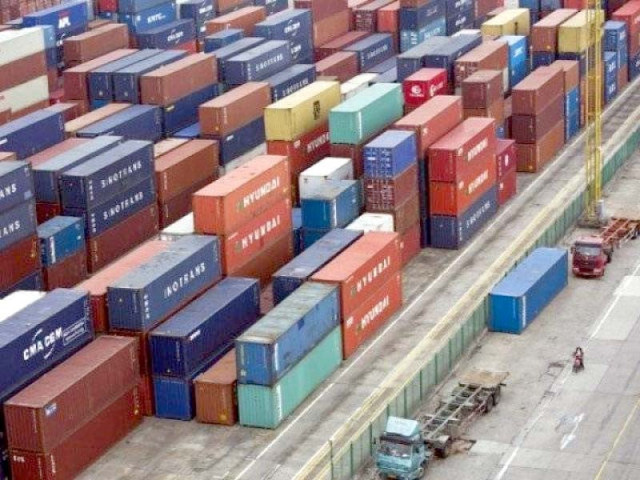Trade deficit successfully slashed by 43% in FY23
Imports decreased by 31% while export earnings contracted by nearly 13%

In a remarkable achievement, Pakistan has successfully slashed its trade deficit by a staggering 43% to $27.55 billion in the fiscal year 2023. The government’s stringent control over imports played a vital role in this significant reduction, as it aimed to stabilise the country’s critically low foreign exchange reserves and mitigate the risk of default.
In the previous fiscal year 2022, the trade deficit had widened to a daunting $48.35 billion, causing concern about the country’s economic stability. However, the government’s strict administrative measures on imports and the impact of floods in 2022 negatively affected the domestic economy, resulting in a provisional growth rate of only 0.3% in FY23, compared to 6.1% in FY22.
Recent data from the Pakistan Bureau of Statistics (PBS) revealed that imports decreased by 31% to $55.29 billion in the FY2023. This is a significant drop from the record high of $80.13 billion in FY22. Meanwhile, export earnings contracted by nearly 13% to $27.74 billion in the import-dependent domestic economy during FY23, compared to $31.78 billion in FY22.
Despite these challenges, experts noted that the performance of Pakistan’s exports in overseas markets exceeded expectations. Despite inflationary pressures, people in major export markets like Europe and the US reduced their spending, which contributed to the better-than-expected export figures.
Ismail Iqbal Securities (IIS), Head of Research, Fahad Rauf projected that the trade deficit could increase again in FY24 once the government lifts the ban on imports as part of the conditions set by the $3 billion IMF loan programme. To stabilise and revive the compromised economy from FY23, the country will need to gradually increase economic activities and aim for growth in FY24.
The government has set a target of 3.5% economic growth for the current fiscal year, after experiencing a contraction in FY23. Rauf clarified that the official report on FY23’s full-year growth figures is yet to be released, but the government has provisionally reported a modest growth rate of 0.3%.
Rauf praised the government’s “conscious decision to live within its means”, which resulted in a significant 43% reduction in the trade deficit in FY23. He explained that the government only allowed imports equivalent to export earnings and inflows of workers’ remittances to avoid financing the deficit through foreign debt. This policy not only helped repay maturing foreign debt on time but also prevented default.
In contrast, the previous finance minister, Miftah Ismail, had initially advised businessmen to control imports for the first three months of FY23, anticipating that the revival of the IMF programme would allow a full resumption of imports. However, poor implementation of the programme’s conditions led to multiple suspensions, preventing the reopening of imports throughout the year.
Published in The Express Tribune, July 5th, 2023.
Like Business on Facebook, follow @TribuneBiz on Twitter to stay informed and join in the conversation.



















COMMENTS
Comments are moderated and generally will be posted if they are on-topic and not abusive.
For more information, please see our Comments FAQ